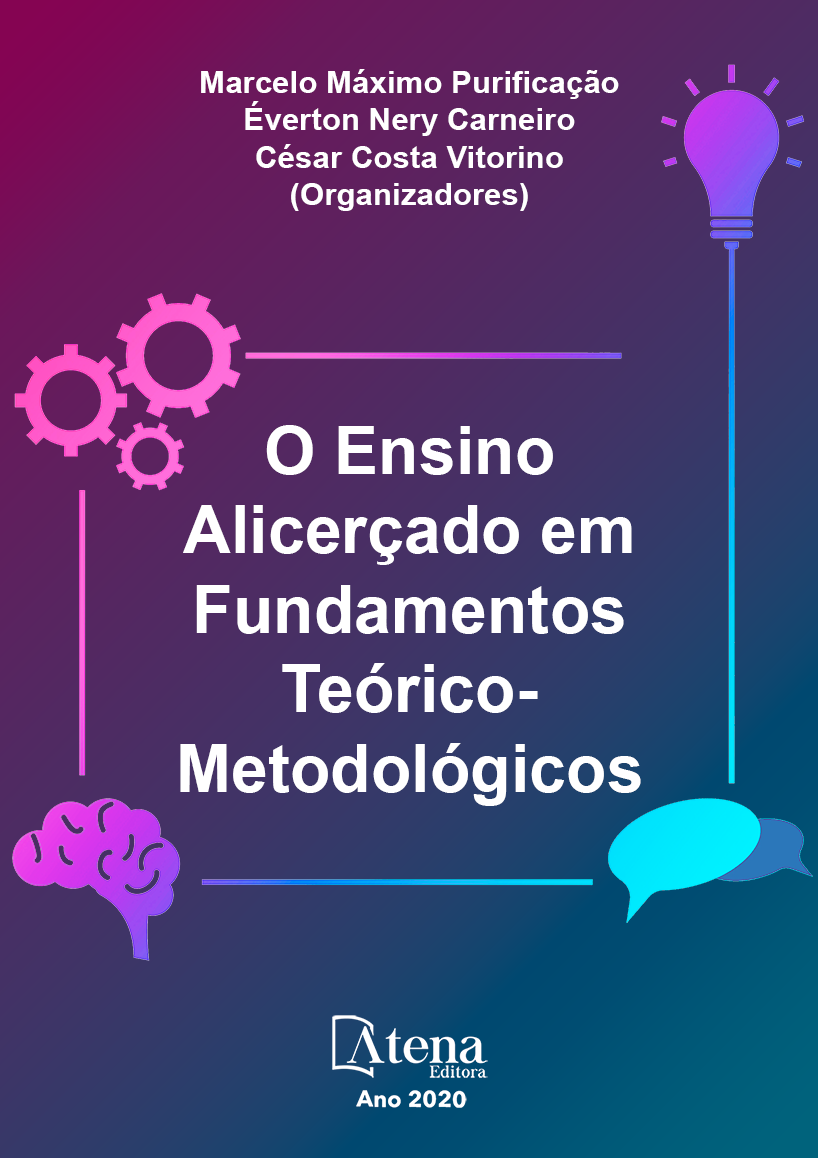
O ensino de língua portuguesa na era digital: ponto de vista dos estudos culturais
Na era digital, o grande desafio do professor é aliar o conhecimento às ferramentas tecnológicas, visto que o processo de globalização influencia diretamente na prática de ensino dentro e fora da sala de aula. Esse desafio, do ponto de vista da perspectiva cultural, diz respeito à compreensão das diferentes identidades presentes na sociedade pós-moderna (HALL, 2006). Os sujeitos de gerações passadas não são os mesmos que atualmente; e as demandas deste mundo tecnológico, em analogia ao anterior, são outras. Isto posto, com o auxílio dos Parâmetros Curriculares Nacionais (PCNs) de língua portuguesa e baseado nos trabalhos de autores como Hall (2006), Rampton (2006), Erickson (2009), Moita Lopes (2013), Garcez e Lopes (2017),discute-se conceitos como de identidade cultural e de globalização com o objetivo detraçar neste momento histórico a nova ordem comunicativa entre docente e discentes, cuja participação de todos é muito importante para aquisição do saber. Também, evidenciar as modificações que o sistema de ensino brasileiro, desde 1960 até os dias atuais, vem sofrendo em decorrência das transformações desse sujeito, que hoje é fragmentado e deslocado, e que está em constante conflito de papéis. Desta forma, trabalhar com língua portuguesa na pós-modernidade é uma tarefa difícil, que requer do profissional planejamentos mais flexíveis que possam contemplar a realidade social de cada indivíduo.
O ensino de língua portuguesa na era digital: ponto de vista dos estudos culturais
-
DOI: 10.22533/at.ed.64710140811
-
Palavras-chave: Ensino de língua portuguesa. Estudos Culturais. Globalização. Pós-modernidade
-
Keywords: Portuguese language teaching. Cultural Studies. Globalization. Postmodernity.
-
Abstract:
n the digital age, the great challenge of the teacher is to combine knowledge with technological tools, since the globalization process directly influences the teaching practice inside and outside the classroom. This challenge, from the point of view of the cultural perspective, concerns the understanding of the different identities present in postmodern society (HALL, 2006). The subjects of past generations are not the same as they are today; and the demands of this technological world, in analogy to the previous one, are different. That said, with the help of Portuguese-language National Curriculum Parameters (PCNs) and based on the works of authors such as Hall (2006), Rampton (2006), Erickson (2009), Moita Lopes (2013), Garcez and Lopes (2017) , concepts such as cultural identity and globalization are discussed with the aim of identifying in this historical moment the new communicative order between teacher and students, whose participation by everyone is very important for the acquisition of knowledge. Also, to highlight the changes that the Brazilian education system, from 1960 to the present day, has been suffering as a result of the transformations of this subject, who today is fragmented and displaced, and who is in constant conflict of roles. Thus, working with the Portuguese language in post-modernity is a difficult task, which requires more flexible plans from the professional that can contemplate the social reality of each individual
-
Número de páginas: 12
- Marcio Favero Fiorin
- BRUNO HENRIQUE FIORIN


